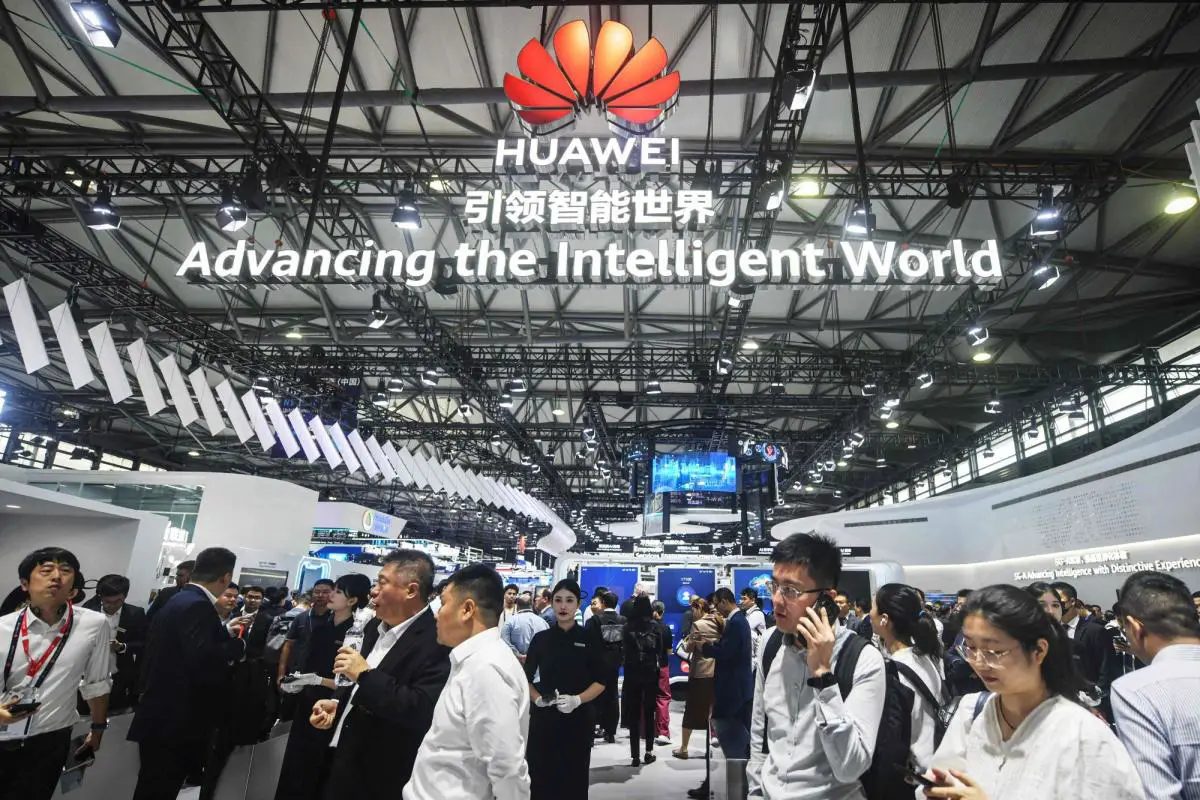Huawei Technologies is urging telecommunications-network operators in overseas markets to upgrade their infrastructure to prepare for a boom in artificial intelligence (AI) services, as the US-sanctioned Chinese firm makes a big push to boost sales for its global carrier-equipment business.
With the US and several of its allies prohibiting the use of Huawei equipment in their communications networks, the Chinese company has sharpened its focus on mobile carriers in other markets, touting products and solutions that support AI advances.
To “meet the requirements of the mobile AI era”, telecoms service providers need to “accelerate the upgrade to full-band 5G-Advanced“, said Dang Wenshuan, Huawei’s chief strategy architect, at an Istanbul conference last week.
Do you have questions about the biggest topics and trends from around the world? Get the answers with SCMP Knowledge, our new platform of curated content with explainers, FAQs, analyses and infographics brought to you by our award-winning team.
As more mobile AI applications begin to feature intelligent personal assistants with real-time and multimodal interactions, networks have to provide uplink speeds of 20 megabits per second and 20-millisecond latency to support such services, Fang Xiang, vice-president of Huawei Wireless Product Line, said at the Global Mobile Broadband Forum in the Turkish capital.
A Huawei booth at the Mobile World Congress in Shanghai in June. Photo: AFP alt=A Huawei booth at the Mobile World Congress in Shanghai in June. Photo: AFP>
While its global smartphone business has been decimated by Washington’s sanctions, Huawei’s telecoms-equipment business remains a key contributor to the company’s sales. Last year, sales of Huawei’s information and communications technology (ICT) infrastructure segment grew 2.3 per cent to 362 billion yuan (US$51 billion), making up half of the company’s total revenue.
The Shenzhen-based company has said it expects to benefit from upgrades to 5G-Advanced networks and the digital transformation of traditional industries to drive more growth in its ICT business this year. In doing so, it has been trumpeting 5G-Advanced, also known as 5.5G, and other tech upgrades designed to help clients take advantage of rising demand for faster mobile internet.
Hailed as the next generation of mobile communications technology, 5.5G promises speeds 10 times faster than 5G and provides a bridge for the evolution of the industry to 6G.
Ultra-broadband technologies can strengthen the adoption of AI services and help network operators find new monetisation opportunities, according to Huawei. For example, carriers can charge users of AI search, cloud gaming and live-stream shopping for lower latency, faster speeds and other premium services.


Leave a Comment